“Plastic still has value,” Nzambi Matee says excitedly, looking at the mountains of oil drums, buckets, yogurt containers and other plastic waste shredded into colorful pieces at his factory in Nairobi, Kenya.
The 31-year-old's startup, Gjenge Makers, recycles plastic waste into environmentally friendly bricks that are more durable, cheaper and lighter than concrete bricks.
Quit job to start a business
Matee, who studied materials science and worked as an engineer in Kenya’s oil and gas industry, was inspired to start Gjenge Makers after regularly encountering discarded plastic bags along the streets of Nairobi. She was shocked by how little plastic was being recycled.
According to the United Nations Environment Programme, one million plastic drinking bottles are sold every minute globally, and up to 5 trillion single-use plastic bags are used every year.
"In Nairobi, we generate about 500 tonnes of plastic waste every day and only a small fraction of it is recycled. That makes me wonder what will happen to us and the environment," Matee shared.
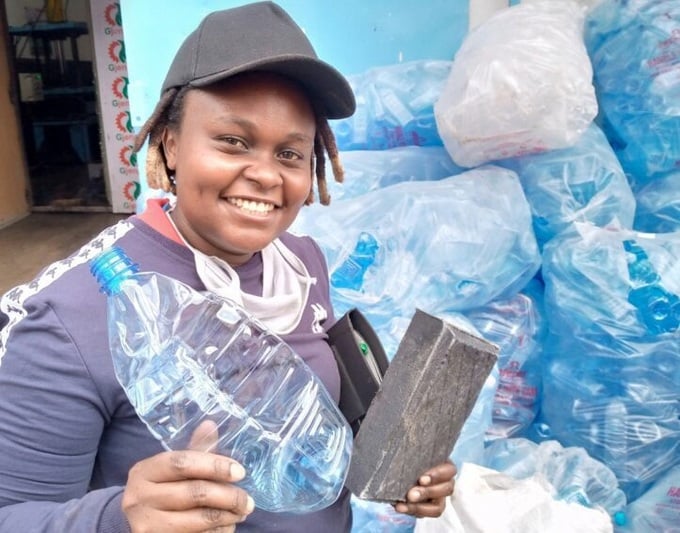
Portrait of Nzambi Matee (Photo: Gjenge Makers).
In 2017, she quit her job and set up a small lab in her backyard, where she began creating and testing pavers made from a combination of plastic and sand.
"I barely interacted with anyone for the first year and put all my savings into it. My family and friends were very worried," Matee said.
Matee says it took her about two years to perfect the prototype. By 2019, production was well underway. Plastic scraps were mixed with sand and heated to extremely high temperatures, creating a slurry that was molded into blocks of varying sizes.
Environmentally friendly products
Most plastic waste ends up in landfills, rivers and oceans, and less than 10% is recycled. In Nairobi, one of Africa’s fastest-growing cities, Matee has found an endless supply of raw materials from the city’s residential and industrial areas.
Her company produces tiles that are two to seven times stronger than concrete, weigh half as much and are up to 15% cheaper. The company's products are already being used to pave roads and sidewalks in Nairobi and could soon be an alternative material for building affordable housing.
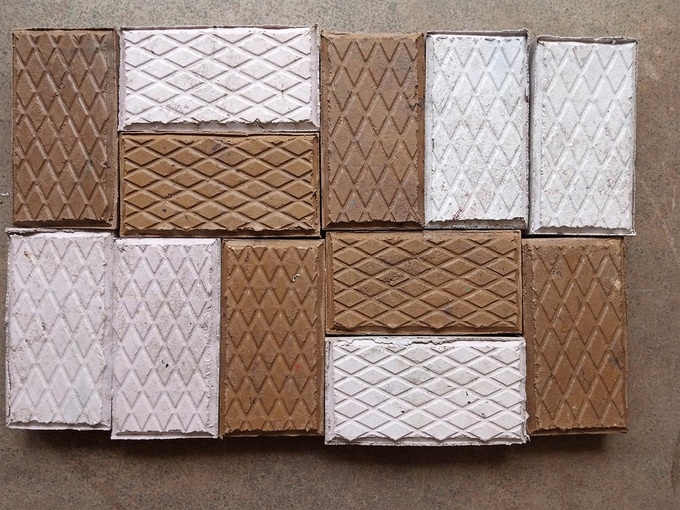
Brick products by Gjenge Makers (Photo: Gjenge Makers).
Every day, Gjenge Makers recycles nearly half a ton of plastic waste, producing 1,500 eco-friendly bricks. In 2021, Gjenge Makers recycled 50 tons of plastic. Matee hopes to multiply that number as the company expands production.
Future plans
Of the seven main types of plastic, only four can be recycled into bricks, according to Matee. PET plastic, the kind used in plastic bottles and a major environmental scourge, is still incompatible, but she hopes to change that.
"There is much more that can and needs to be done. We are just a drop in the ocean, but many small drops will make a big impact," Matee said.
Gjenge Makers is trying to break into the affordable housing market by designing a product that can replace or complement bricks, mortar, and other standard building materials. The company is still in the prototype stage, with plans to build a home using the product.
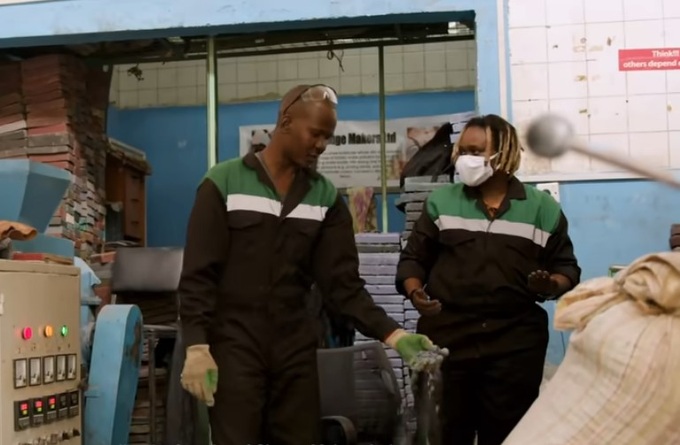
Nzambi Matee (right) at the company's factory (Photo: Gjenge Makers).
Gjenge Makers has created more than 100 direct and indirect jobs through plastic recycling, helping both livelihoods and the environment in a way that Matee says is impossible with fossil fuels.
In 2020, Matee was named a "Young Champion of the Earth" by the United Nations for her work through Gjenge Makers. "Plastic waste is not just a Kenyan problem, it's a global problem," the founder said. "We want to be a leader in alternative building materials."
Source



![[Photo] Prime Minister Pham Minh Chinh meets with Hungarian President Sulyok Tamas](https://vphoto.vietnam.vn/thumb/1200x675/vietnam/resource/IMAGE/2025/5/29/dbcaa73e92ea4448a03fe1d0de6d68e8)
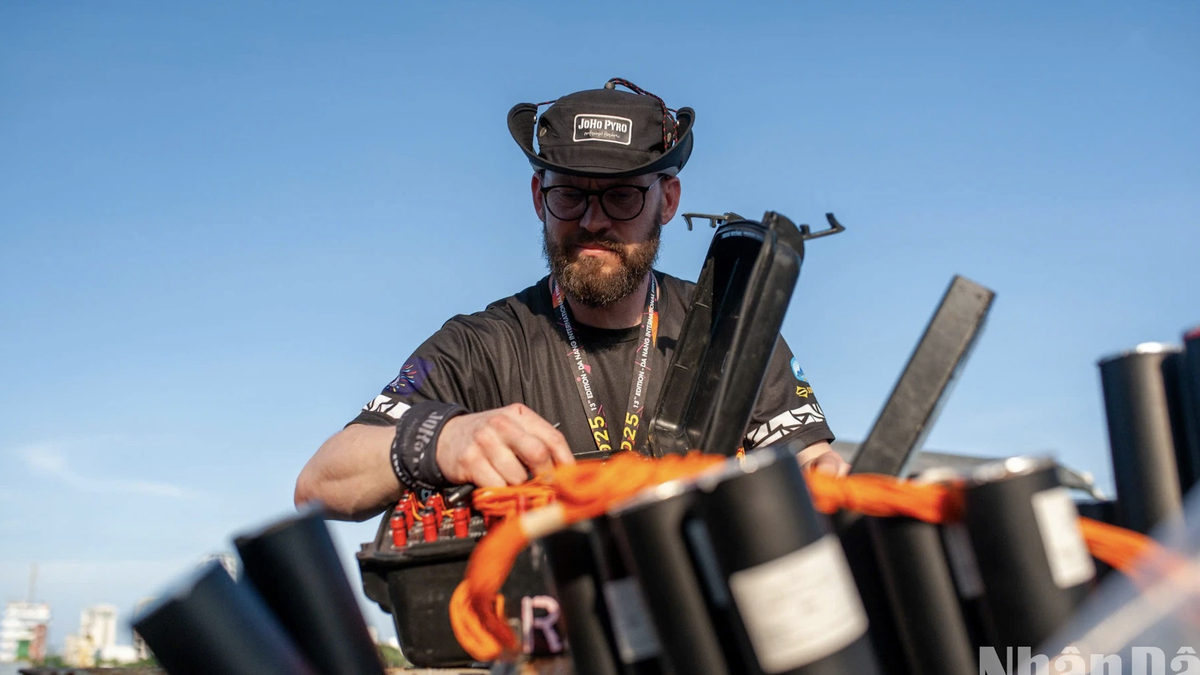

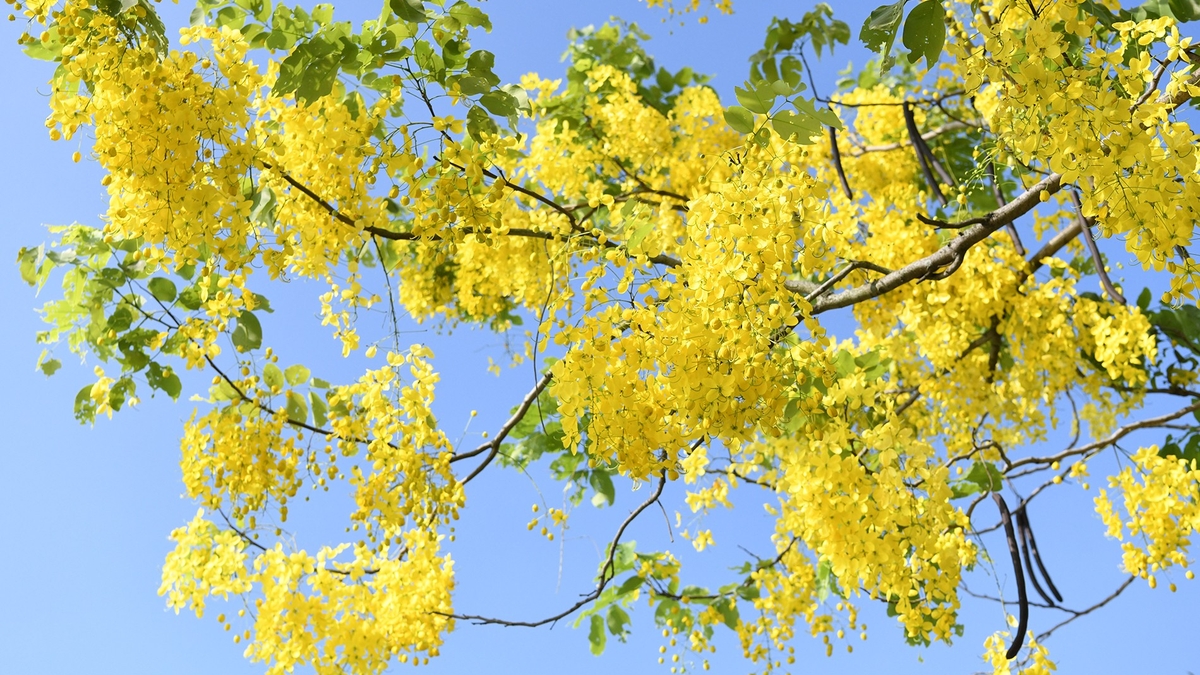
![[Photo] Vietnamese and Hungarian leaders attend the opening of the exhibition by photographer Bozoky Dezso](https://vphoto.vietnam.vn/thumb/1200x675/vietnam/resource/IMAGE/2025/5/29/94d8ceca5db14af3bf31285551ae4bb3)


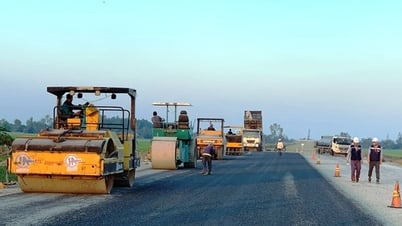


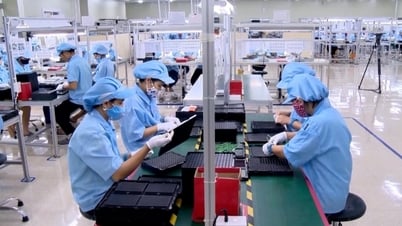






































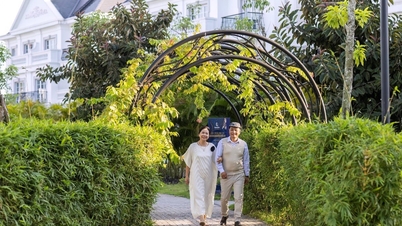











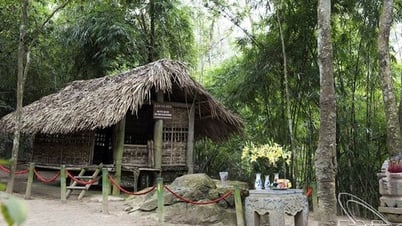

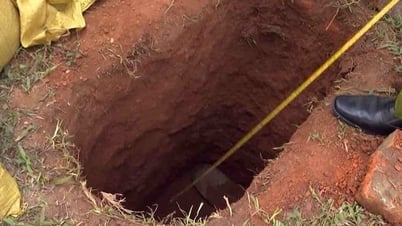
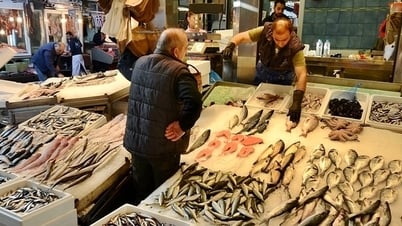























Comment (0)